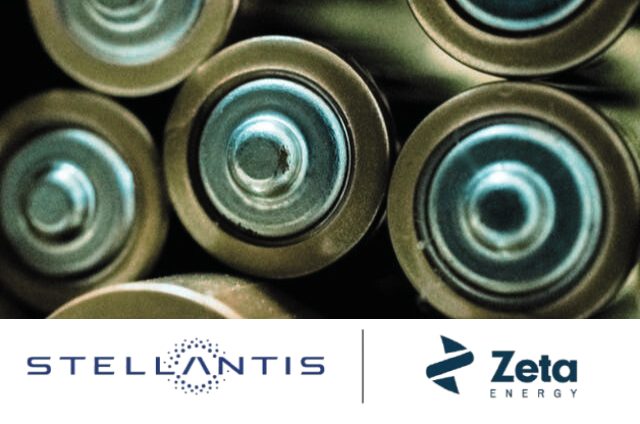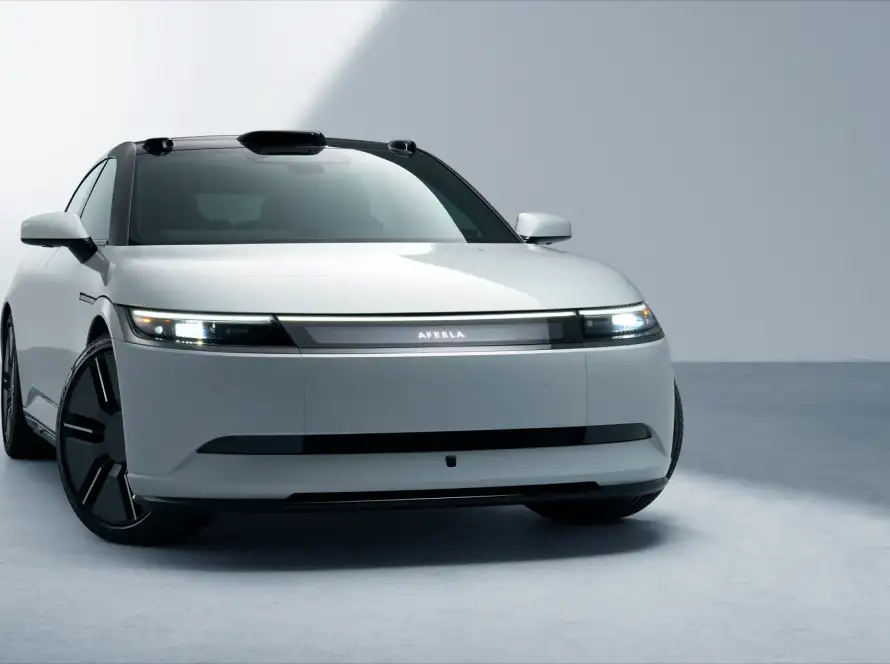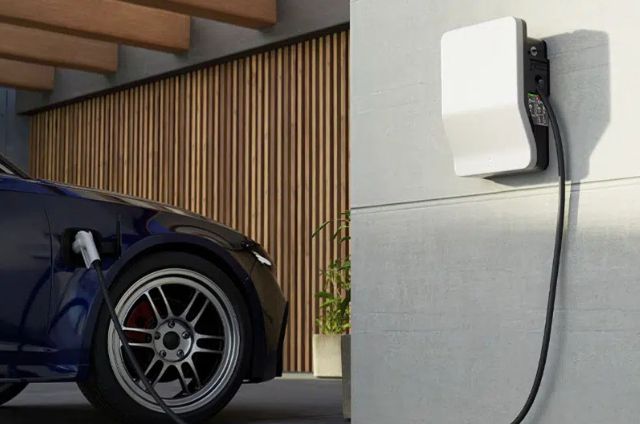Stellantis, the world’s fourth-largest automaker, has teamed up with U.S.-based Zeta Energy to develop lithium-sulfur batteries for electric vehicles. This groundbreaking collaboration aims to produce lighter, more cost-effective batteries with plans for deployment by 2030.
A More Affordable EV Battery Solution
The high cost of lithium-ion batteries significantly influences EV prices. Stellantis and Zeta Energy seek to tackle this challenge by creating lithium-sulfur batteries that eliminate expensive materials like nickel and cobalt. These batteries could cut production costs by more than half per kilowatt-hour compared to traditional lithium-ion batteries, making EVs more affordable for consumers.
Enhancing Performance and Efficiency
Lithium-sulfur technology offers potential advantages beyond cost savings. The batteries are expected to be significantly lighter while maintaining the same energy potential as lithium-ion packs. This reduced weight could lead to longer driving ranges, better handling, and improved vehicle performance. Additionally, the companies claim these batteries could reduce fast-charging times by up to 50%, addressing a key consumer concern.
Sustainability and Scalability
In line with Stellantis’ goal of achieving carbon neutrality by 2038, the partnership will prioritize sustainability. Lithium-sulfur batteries can be manufactured using existing gigafactory technology, supported by a streamlined and entirely domestic supply chain in Europe or North America. This focus on localized production reduces dependency on global supply chains and enhances scalability.
A Broader Vision for Lithium-Sulfur Innovation
This collaboration is part of Stellantis’ larger push into lithium-sulfur battery technology. The automaker has also invested in Lyten, a Silicon Valley startup that announced plans to build the world’s first gigafactory for lithium-sulfur batteries in Nevada. These efforts underline Stellantis’ commitment to pioneering advancements in EV technology.
What’s Next?
The partnership includes pre-production development phases, with plans to integrate the batteries into Stellantis EVs by the end of the decade. According to Stellantis tech chief Ned Curic, “Groundbreaking battery technologies like lithium-sulfur can support Stellantis’ commitment to carbon neutrality while ensuring our customers enjoy optimal range, performance, and affordability.”
By innovating beyond traditional lithium-ion solutions, Stellantis and Zeta Energy are paving the way for a more sustainable and accessible EV future. This joint effort could redefine the industry standard for battery technology, offering a glimpse into the next generation of electric mobility.



